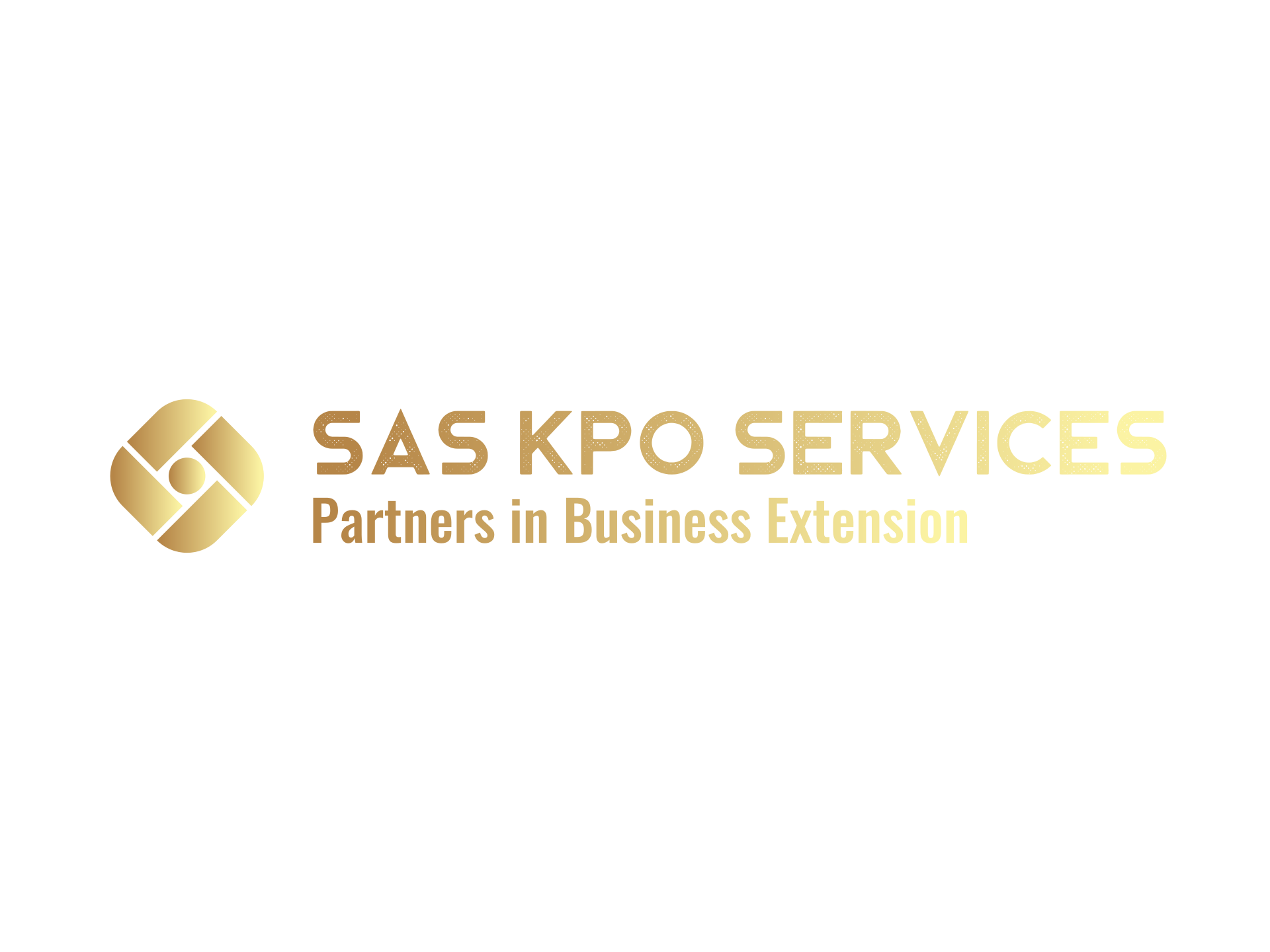Green accounting, also called environmental accounting or sustainable accounting, is a branch of accounting that includes environmental and social factors when making financial decisions. It focuses on providing a entire picture of economic activities by considering their impact on the environment. What are the principles of green accounting? These principles guide businesses to measure and report the environmental costs and benefits of their operations.
Instead of just looking at short-term profits, Green Accounting aims to calculate the long-term continuity of economic activities. By considering natural resources and ecosystem services, it helps organisations understand how their actions affect the environment and society over time.
Key Elements of Green Accounting
After understanding the meaning of green accounting, let’s explore its key components that make it an effective approach to green.
Full Cost Accounting (FCA):
This method looks at both direct and indirect costs of business activities. Direct costs include materials, labor, and overhead, while indirect costs cover environmental and social impacts. FCA helps businesses see the true financial and environmental impact of their operations, enabling better decision-making.
Environmental Management Systems (EMS):
An organised framework called EMS aids organisations in handling their environmental duties. It involves setting goals, creating policies, applying programs, and conducting regular surveys to ensure ongoing improvement and regulatory deference.
Life Cycle Assessment (LCA):
LCA evaluates the environmental impact of a product or service throughout its life cycle—from raw material extraction to disposal. It identifies opportunities to reduce harm at each stage, encouraging sustainable practices.
Environmental Reporting and Disclosure:
This component involves sharing details about an organisation’s environmental performance with stakeholders. Reports like sustainability statements and impact duties build trust, enhance transparency, and highlight efforts toward sustainability.
Environmental Performance Indicators (EPI):
EPIs are limited metrics, such as energy use, water consumption, greenhouse gas emissions, and waste generation. These indicators help organisations track progress, set goals, and prove their commitment to environmental responsibility.
Environmental Auditing:
Environmental Auditing ensures businesses comply with regulations and improve their practices. Audits, whether internal or external, assess policies, processes, and systems to enhance environmental performance and maintain deference.
Green Accounting: Meaning and Principles
Green accounting, also known as environmental accounting, focuses on measuring the environmental costs tied to business activities. It accounts for expenses related to waste management, pollution control, resource use, and environmental restoration.
The principles of green accounting are simple:
Identifying Environmental Costs:
Recognising both direct and indirect costs, such as waste disposal, discharges, and resource reduction.
Monetary Valuation:
Assigning financial value to environmental costs and benefits so they can be reflected in company reports.
Combining with Financial Accounting:
Incorporating these environmental costs into traditional accounting practices for a more accurate view of business impact.
Transparency in Reporting:
Offering clear, detailed reports on environmental efforts and impacts to build trust with stakeholders.
Green accounting helps businesses make better decisions for long-term sustainability and a healthier planet.
Types of Green Accounting
Green accounting includes different methods or approaches, each focusing on specific sides of environmental and social impact. These approaches are designed to address various needs and goals. Principles of green accounting guide each type to ensure a complete appraisal of both environmental and social factors in business operations. Some popular forms of green accounting are as follows:
Environmental Management Accounting (EMA):
- Focus: Internal operations
- Goal: EMA helps businesses understand and manage their internal environmental costs and resource usage. It identifies ways to save money and use resources more efficiently.
Environmental Financial Accounting:
- Focus: Financial reporting
- Goal: This method includes environmental information in financial reports to give stakeholders, like investors, a better understanding of how environmental factors affect a company’s finances.
Social Accounting:
- Focus: Social impact
- Goal: Social accounting looks at the social effects of a company’s activities, like job creation, community development, and overall social responsibility.
Ecological Footprint Analysis:
- Focus: Resource use and sustainability
- Goal: This analysis measures how much natural resources are being used and compares it to the Earth’s ability to regenerate those resources, helping charge sustainability.
Life Cycle Assessment (LCA):
- Focus: Product or process evaluation
- Goal: LCA examines the environmental effects of a product, process, or service throughout its entire life, from raw material extraction to disposal, to find ways to reduce environmental impact.
The Importance of Green Accounting
Green accounting is valuable for many reasons:
Protecting the Environment:
Green accounting helps identify how business activities affect the environment and encourages companies to use resources efficiently, supporting long-term sustainability.
Cost Savings:
By tracking environmental impacts, businesses can find ways to reduce waste, improve resource efficiency, and cut costs related to environmental observance.
Managing Risks:
Green accounting helps businesses recognise environmental risks, such as changes in regulations or the potential impact of environmental disasters, allowing them to take protective measures.
Engaging Stakeholders:
Reporting on environmental and social performance allows businesses to show their commitment to sustainability, building trust with customers, investors, and regulators.
Informing Policy Development:
Green accounting provides valuable data that can help shape policies and regulations focused on addressing key environmental issues, like climate change and biodiversity loss.
Green Accounting vs. Traditional Accounting
| Aspect | Traditional Accounting | Green Accounting |
| Focus | Primarily financial data (income statement, balance sheet, cash flow). | Includes financial data along with environmental, social, and sustainability factors. |
| Scope | Narrow, focusing only on financial performance. | Broader, considering the environmental and social impact of business operations. |
| Key Reports | Income statement, balance sheet, cash flow statement. | Reports on environmental impacts, such as carbon flows and social responsibility. |
| Long-Term Perspective | Limited long-term vision, focused on short-term financial gains. | Encourages long-term thinking by considering sustainability and social responsibility. |
| Decision-Making | Based on financial performance alone. | Supports decisions that balance financial returns with responsible, sustainable practices. |
Green accounting provides a complete view of a business, helping companies make decisions that not only focus on profits but also contribute to sustainable and moral business practices.
Key Insights
Green Accounting plays a crucial role in helping businesses understand the environmental and social impacts of their operations. Unlike traditional accounting, which focuses primarily on financial data, green accounting incorporates sustainability and social responsibility into decision-making. By adopting principles of green accounting, companies can make more informed choices that not only improve their financial performance but also contribute to a healthier planet and society.
At SAS KPO Services, we recognise the importance of incorporating sustainability into business practices and encourage organisations to consider the long-term benefits of green accounting. If you’re looking to learn more about how green accounting can transform your business, feel free to contact us for guidance and support. Together, we can build a more sustainable future for your business and the environment.
Shivani Soni (Digital Marketing Specialist, Top Marketing Voice) writes this blog


